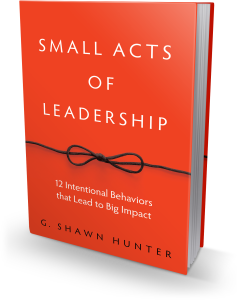Why It’s Better to Ask for Help
I actually think the same things do make most people happy. The differences are extremely small, and around the margins. You like peach ice cream; I like strawberry ice cream. Both of us like ice cream much better than a smack on the head. – Dan Gilbert
Let’s say you are weighing a big decision like whether to quit your job, or move to California, or get engaged to your boyfriend. Or it could be a small decision, such as what to order on the menu, or where to visit on your next vacation. Someone else can make a better prediction of whether you will enjoy that decision than you can, and you should trust their advice.
People regularly overestimate how happy they will be if they win the lottery, get a promotion, or even exact revenge on someone. We also overestimate our unhappiness. The think we will be miserable if we lose our job, or have a bad accident. The truth is we aren’t very good at predicting how we will feel in the future, and therefore aren’t very good at making decisions.
Dan Gilbert, of Harvard University, has some advice for you. Ask someone who has been through it, who has taken the vacation to Boise, quit the job, eloped with their girlfriend, or eaten the banana walnut ice cream. Their advice will be a more accurate predictor than your own judgement. Here’s the catch: you probably won’t believe them. If you ask for advice, your likely reaction will be that you are unique, you are special, your situation is different, and after all, how could they possibly know what’s best for you?
In a study entitled, “The Surprising Power of Neighborly Advice,” Gilbert and his colleagues demonstrated repeatedly that the advice of others, who had experienced what the participants were contemplating, was consistently a better predictor of happiness.
Here’s an example. In one part of the study, 33 women were asked to go on a 5-minute blind date. To identify who they were about to go on a date with, they were offered either a document profiling the height, weight, interests, background, favorite songs, movies, etc. of the man they were about to meet. Or they could choose to read a review from another woman who had been on a blind date with him, and read her opinion on how much fun she had on the date.
After choosing one of these background sources, they were asked to fill out an “enjoyment scale” and predict how much they thought they are going to enjoy the speed date that was about to happen.
Those who chose to read the background document, instead of the opinion of someone who had spent time with him, were almost 50% more likely to be incorrect in their prediction. Even more surprising, those who chose to read the background documents, instead of the opinion of someone else, rated their confidence in their own enjoyment prediction at over 84%. In other words, they were not only wrong, but also wildly confident in their bad prediction.
The reason we are such poor predictors of what will make us happy, and ignore the advice of others, is because we think we are special, and unique. The truth is we are all more alike than we often admit. We have the same hopes, fears, longings, and joys as many other people in the world, particularly those friends and family who are close to us.
Give trust. Ask for help.
- ____________________________________________________

Twitter: @gshunter
Say hello: email@gshunter.com
Web: www.shawnhunter.com



